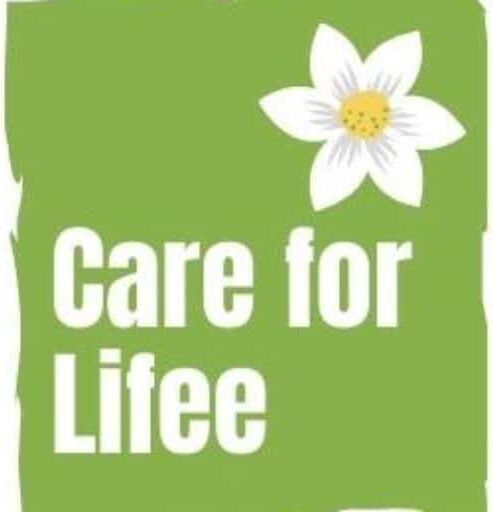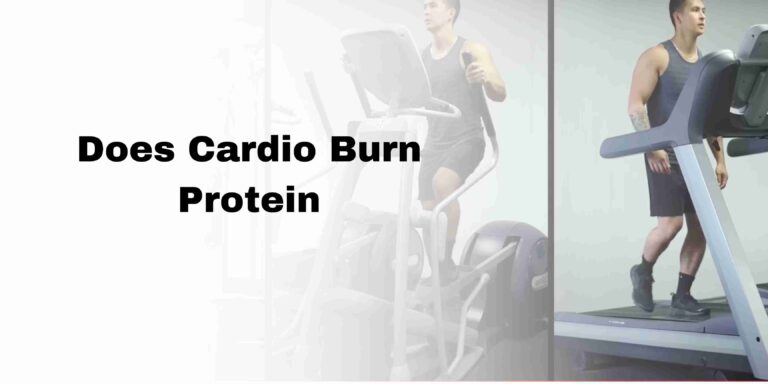Can You Build Muscle On A 500-Calorie Deficit
When it comes to fitness goals, many individuals strive to simultaneously build muscle and lose fat. However, the common belief is that muscle growth requires a calorie surplus, while fat loss necessitates a calorie deficit. This leads to the question: Can you build muscle while maintaining a 500-calorie deficit? In this article, we’ll explore the concept of a calorie deficit, delve into the process of building muscle, and examine whether it’s possible to achieve both goals simultaneously.
Understanding Calorie Deficit
A calorie deficit occurs when you consume fewer calories than your body needs to maintain its current weight. This deficit prompts your body to tap into its stored fat reserves for energy, resulting in weight loss. The rate of weight loss depends on several factors, including the magnitude of the calorie deficit, individual metabolism, and activity levels.
Building Muscle
To build muscle, two primary factors come into play: resistance training and protein intake. Resistance training involves exercises that challenge your muscles and stimulate growth. Protein, on the other hand, is essential for muscle repair and growth. Typically, muscle building requires a calorie surplus to provide the energy and nutrients needed for optimal growth.
The 500-Calorie Deficit
A 500-calorie deficit refers to consuming 500 fewer calories than your body requires to maintain its current weight. This deficit can lead to a steady and sustainable weight loss of about 1 pound per week. While the primary goal of a calorie deficit is fat loss, some individuals wonder if muscle building is possible under such conditions.
Factors Influencing Muscle Building on a Deficit
Several factors influence the potential for muscle building during a calorie deficit:
Current fitness level and training experience: Individuals who are relatively new to strength training may experience initial muscle growth even in a calorie deficit due to the concept of “newbie gains.” However, experienced individuals may find it more challenging to build muscle without a calorie surplus.
Protein intake: Consuming sufficient protein is crucial for muscle preservation and recovery during a calorie deficit. Aim for a protein intake of around 0.7-1 gram per pound of body weight to support muscle maintenance.
Quality of training and progressive overload: Focusing on compound exercises, adequate volume, and progressive overload (gradually increasing the demands placed on your muscles) can maximize muscle-building potential, even in a calorie deficit.
Research and Expert Opinions
Scientific studies have shown mixed results regarding muscle building on a calorie deficit. Some studies suggest that it is possible to maintain or even gain muscle while in a deficit, especially for beginners or overweight individuals. However, other studies indicate that muscle growth is limited without a calorie surplus.
Expert opinions vary as well. Some fitness professionals advocate for a more moderate calorie deficit to minimize muscle loss, while others argue that individuals can still build muscle on a 500-calorie deficit, particularly if they have excess body fat.
Strategies for Building Muscle on a 500-Calorie Deficit
If you’re aiming to build muscle while on a 500-calorie deficit, consider implementing the following strategies:
- Optimize protein intake: Prioritize protein-rich foods to support muscle maintenance and recovery.
- Focus on strength training: Emphasize compound exercises such as squats, deadlifts, and bench presses to stimulate muscle growth.
- Incorporate progressive overload: Gradually increase the intensity, volume, or frequency of your workouts to continue challenging your muscles.
- Consider strategic refeeds or diet breaks: Incorporating occasional periods of higher calorie intake can provide temporary relief from the calorie deficit and potentially support muscle growth.
Realistic Expectations and Adjustments
It’s essential to manage your expectations when building muscle on a 500-calorie deficit. While some muscle growth may be possible, the rate of progress will likely be slower compared to being in a calorie surplus. Monitoring your progress, adjusting your approach as needed, and finding a balance between weight loss and muscle-building goals are crucial for long-term success.
Conclusion
While building muscle on a 500-calorie deficit presents certain challenges, it is possible to maintain or even gain muscle, particularly for beginners or those with excess body fat. Optimizing protein intake, focusing on strength training, and employing progressive overload strategies can enhance your chances of building muscle while losing fat. Remember to monitor your progress, make adjustments as necessary, and stay committed to your fitness goals. With dedication and patience, you can achieve a well-rounded physique even on a calorie deficit.





